In the same author's earlier paper, Direct Building of Minimal Automaton for a Given List, it is specified (under Background and Notations) that
we use !μ(r,σ) to denote that μ(r,σ) is defined
I suppose it is the same in this paper.
I can only guess what ¬!μ(r,σ) might mean; I assume that ¬ is being used as a negation operator, which is what would be usual. That is, it means that μ(r,σ) is not defined.
For future reference, questions like this –which really have nothing to do with programming per se– should be directed to the StackExchange community Computer Science (or possibly to Mathematics, but not to both), but only after ensuring that the question fits the guidelines for those sites. For one thing, those sites allow the use of MathJax, which makes it much easier both for you and for whoever answers to write in mathematical notation.

